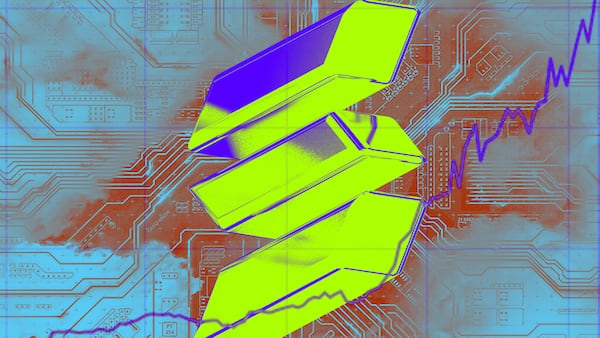- Users withdrew almost $300 million in crypto from Solana lending protocol MarginFi on Wednesday.
- The outflows began after the chaotic resignation of founder Edgar Pavlovsky.
- Users have grown increasingly frustrated with the developers’ refusal to issue an airdrop despite a long-running points programme.
Mounting anger at Solana lending protocol MarginFi boiled over Wednesday, when co-founder Edgar Pavlovsky abruptly resigned after saying he would sabotage a planned airdrop.
“Will see what I can do internally to brick [any kind of token],” Pavlovsky said in a now-deleted tweet.
Since then, investors have withdrawn crypto worth almost $300 million from MarginFi — about one-third of the protocol’s deposits.
Investors seem to have moved some of that crypto to competing Solana protocols Kamino and Solend, which saw their deposits jump 6% and 10%, respectively.
Airdrop anger
MarginFi has been one of several protocols leading Solana’s post-FTX DeFi renaissance.
Launched in March 2023, the decentralised crypto lender and liquid staking provider saw the value of its crypto deposits peak on April 1, at $881 million.
Its future plans include the launch of a decentralised stablecoin to rival Circle’s USDC and Tether’s USDT.
But its growth belied investors’ growing frustration with Mrgn, the company behind MarginFi.
In July 2023, it became one of the first DeFi protocols to announce a points programme.
“We wanted a real way to quantify user quality/activity. This was a step in that direction,” co-founder MacBrennan Peet told DL News in December.
Points programmes are widely considered a method of hinting at a future airdrop without explicitly committing to one — a way to lure users without drawing the attention of token-weary US regulators.
As Solana competitors announced points programmes and released tokens of their own, MarginFi’s social media posts began to fill with replies from people claiming to be users, angry they were getting “strung along.”
“We’re very, very aware of the feedback,” Marginfi head of growth Anders Jorgensen told DL News in March. “We’ve been crypto users for a long time so we understand the value and excitement around having a token, and ultimately we do want to please our customers.”
‘Slap in the face’
The controversy reached a tipping point Wednesday, when a partner company called SolBlaze accused Mrgn of violating an agreement by withholding crypto rewards meant for users.
According to the agreement, investors who deposited SolBalze’s liquid staking token, bSOL, in MarginFi would earn rewards in the form of SolBlaze’s governance token, BLZE.
SolBlaze accused Mrgn of refusing to distribute investors’ BLZE rewards.
SolBlaze also accused the company of selling millions of BLZE tokens it received in an airdrop — tokens meant to give Mrgn a say in SolBlaze governance.
Peet called the accusation a “slap in the face” on X and attributed the delay in distributing rewards to congestion on Solana, rather than mismanagement or malice. SolBlaze later walked back some of its comments.
Almost two hours later, however, Pavlovsky suggested in a cryptic, since-deleted tweet that he would try to sabotage an impending MarginFi airdrop.
“After today, feels right to maximally push off any kind of token,” he wrote. “Will see what I can do internally to brick this.”
Two hours after that, he announced his resignation before unleashing a series of combative, and sometimes despairing, posts on social media.
His resignation was later confirmed by the company, which cited “internal operational disagreements” and Pavlovsky’s “own personal reasons.”
Pavlovsky elaborated on those disagreements on X Thursday.
“I also think the organisation could have moved a lot faster than it did getting to a token launch,” he wrote. “I think that’s my fault and I wish a token could have launched in Jan/Feb this year.”
Peet and Pavlovsky did not immediately return requests for comment.
Aleks Gilbert is a DeFi Correspondent with DL News. Got a tip? Email him at aleks@dlnews.com.









